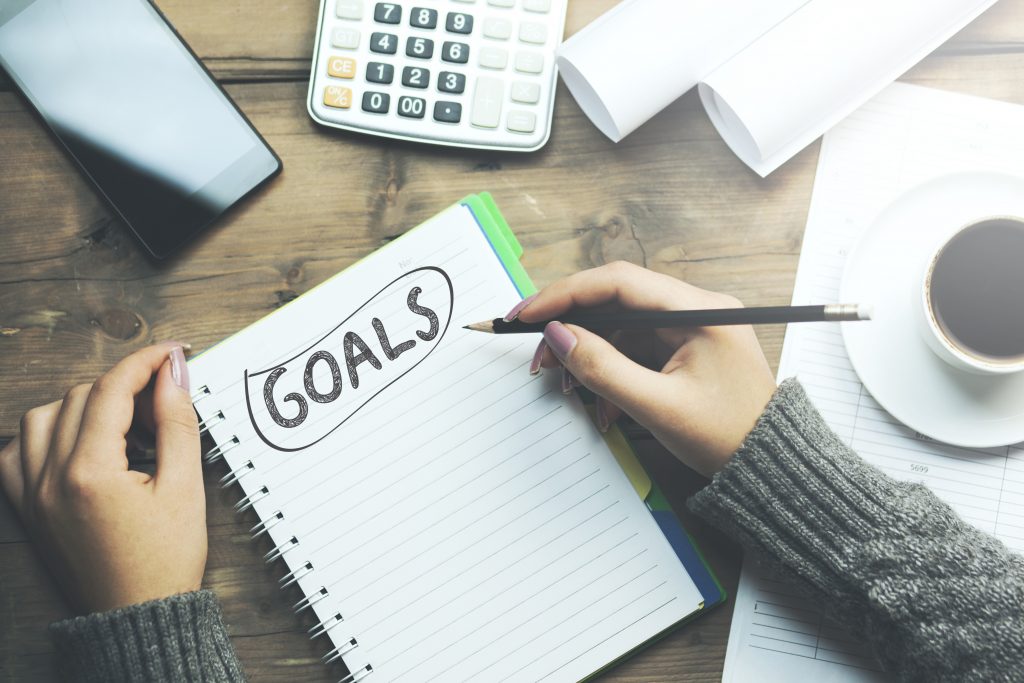Are you planning to attend, speak at, or sponsor a booth at a bridge, highway, or construction industry conference?
Of course, you’ll want to make the most of your investment in time and money by doing all you can to make new connections with potential clients, partners, and suppliers while also improving your current bridge industry business relationships. However, this can be challenging because many conferences offer an overwhelming number of sessions, booths, social events, and other opportunities to interact with attendees.

- What should you do if you find it difficult approaching others and making small talk?
- How can you decide which sessions to go to and which aren’t worth your time?
- Is it better attending the whole conference or just a part of it?
- How many formal meetings and casual coffee dates should you schedule?
- How will you know if attending a conference was worthwhile?
In this article, we’ll help solve some of the most common conference conundrums so you can make the most of attending your next bridge or contracting industry event.
Get over shyness or difficulty of making small talk.
Staying away from conferences is simply not an option today. They’re an important part of building the network of business contacts it takes to finance, design, build, and maintain bridges. Virtual relationships via LinkedIn and other social media channels will only get you so far. It takes human interaction to build a business in the bridge development industry and make it successful.

Tip: One of the best ways to get over the fear of meeting new people at conferences is to remember that the other attendees share your interests and passion for bridges, highways, and construction. Think of them as kindred spirits, not rivals. It will make it easier for you to approach them and strike up conversations.
Start by leveraging the virtual relationships you’ve already built. Find out who in your Linkedin and other social networks will be attending the conference. Contact them and make appointments to get together for coffee or to meet at events.
Next, if you receive a list of attendees prior to the conference or are provided with opportunities to connect, reach out to those you don’t know but would like to meet. It’s likely that they will be equally interested in meeting with you. Introducing yourself digitally can eliminate the insecurity and discomfort of doing it in person.
Think differently about promoting yourself and your bridge-related business.
People who are really good at what they do are often unable to “sell” themselves and what they do. Selling can make them feel less than authentic or like they’re cheapening their brand.
The best way to get over this is to change your thinking and rationale for building your network of bridges due industry professionals. You’re not doing it because it’s something you “should” do. It’s something that’s actually good for you, the coworkers who depend on you, and the industry overall. By viewing networking as aspirational, it will eliminate the feelings of it being beneath you or not worth your time.
Set priorities.
As the conference approaches, come up with a list of people you want to connect with. Rank it in order of those who will provide the most benefit to your business. Contact them prior to the conference to introduce yourself and explain what you do and the value of working together. For people you don’t know or aren’t connected with, see if you can find someone to introduce you. It’s likely someone will, as the bridge development and contracting network is a tight one.
If a person is speaking at the event or manning a booth, promise to attend their session or visit their display. People often feel insecure about having no one attend their breakout or check out their booth. Your interest will definitely get their attention.

If someone you want to connect with isn’t speaking or manning a booth, invite them for coffee, make an appointment to meet at a specific networking event, or find out if they’d be interested in sitting together at a breakout session. By specifying a date or time to meet, you’ll improve the likelihood that you will actually connect.
Tip: If you find that your list has more names on it that you can meet with at the conference, consider bringing someone from your company with you. Conferences that have a deep and broad pool of attractive attendees are rare, and you should take full advantage of the opportunity.
Your time is valuable. Use it wisely.
When you’re thinking about which breakout sessions and events to attend, there is only ONE thing to consider: What’s in it for me?
It must provide an opportunity to learn something about the bridge or contracting industries that will help you do your job better or a chance to build business relationships. If it doesn’t do either (or both) of these things, it’s a waste of your time.
Tip: Keynote speeches can be entertaining, but they generally don’t provide practical information or networking opportunities. Attending may provide ways to start conversations later in the conference, but skipping might be smart if you have a chance to meet with business contacts.
Do it YOUR way.
Many people feel constrained by the rules of a conference. They think it’s necessary to follow the schedule set by the organizers. But that doesn’t have to be the case. Freestyle it and network on your terms, based on your strengths and personal interests.
- Are you a foodie? Take a group to a notable restaurant in the city where the conference is being held.
- Do you enjoy craft cocktails? Plan an excursion to a local pub or speakeasy.
- Are you a sports fan? Taking some attendees to a baseball, football, hockey, basketball, or soccer game could provide a memorable break from talking about contracting and bridge development.
If you’re better one-on-one or in small groups, take control over your invitations and limit the number of people you meet with at a single time. If you’re effective in a crowd, then play to your strengths at cocktail parties or other mixers.
Tip: Entice people to attend your event by making it as valuable for them as it is for you. Include people in the mix who will not just benefit you, but others, as well.
Stop talking and listen!

The natural inclination for people at conferences is to promote, promote, promote and sell, sell, sell. However, it’s usually better to listen more and talk less. Give people a chance to introduce themselves and talk about what’s on their minds. It’s a great way to uncover business opportunities. If they have a challenge they need help with, it’s likely they’ll bring it up. Be thoughtful about what you say. Have conversation starters at the ready. Be prepared with thoughtful questions. Some examples:
- What are your biggest opportunities and challenges right now?
- Which bridge maintenance and construction projects are you most excited about?
- What do you see on the horizon?
- What innovations are shaking up how you do business?
Don’t forget about your current clients.
Conferences can help you make new connections. Don’t forget they’re also a great way to deepen relationships with people you’re already doing business with. Interactions at conferences are less formal and can encourage more honest and open dialogue than meetings held in an office, conference room, or job site. Attending a breakout on an innovative topic could provide fresh insights and ideas for new business opportunities.
Tip: Be thoughtful about how you handle time with current clients while at a conference. You don’t want anyone to feel slighted, which could negatively impact your business relationship. If you can’t meet in person, explain what you are doing and why you can’t get together.
Consider hosting a client appreciation event, which will allow you to meet with many of your clients at one time while demonstrating how much you appreciate their business. Or plan meetings with clients prior to or immediately after the event. It will help reduce the pressure to connect at the conference.
Maintain healthy habits.
Conferences are exhausting. Consider them a marathon, not a sprint. Take regular breaks to rest, collect your thoughts, and document your interactions. This will help you perform at your peak, avoid making mistakes, and ensure that you follow up on promises made during the conference. Also, maintain healthy eating and exercise habits. Too much bad food and alcohol and too little physical activity will leave you feeling sluggish.
Set goals and track against them.

How will you know if attending a conference was worthwhile? Start by setting goals you’re able to measure against. Examples include:
- Number of meetings with prospects and clients in the bridge industry.
- Dollar value of business generated.
- Number of learning events attended.
Compare your results with how much you spent attending the conference (including transportation, lodging, food, and entertainment) and the value of your time away from work. This will help you decide whether it’s worth attending again next year, trying out another event, or finding different types of bridge industry networking opportunities.

